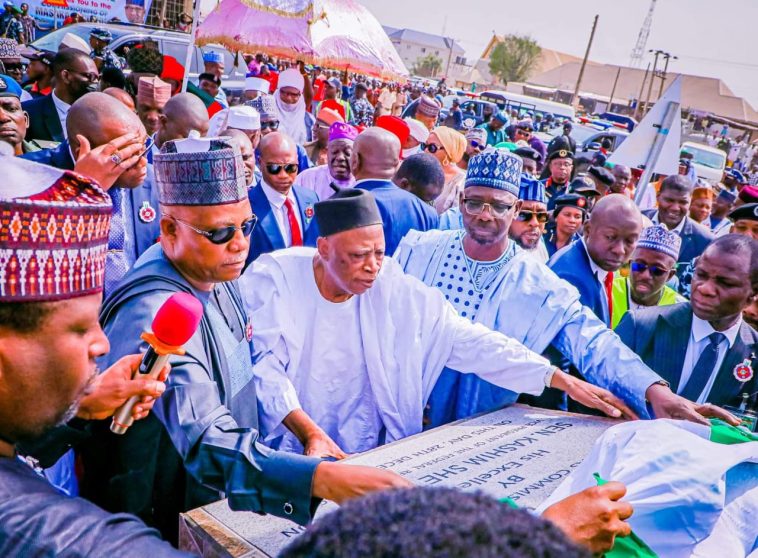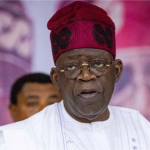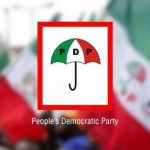In the political arena of Nasarawa State, Governor Abdullahi Sule’s efforts to secure favour at the Supreme Court have sparked both intrigue and discontent among the curious populace generally. The recent maneuvres of the governor, particularly his invitation to his emerging political soul mate and guardian angel Vice President Kashim Shettima to commission a mere 4:3Km which is being approximated to 5km, road, terminating around a pruvate facility in which the engineer is alleged to have an interest is what has ignited a wave of criticisms, raising eyebrows and pertinent questions among the concerned citizens of the state.
Expressing their dismay in a press statement on Friday, Yusuf Muhammed, leader of the Concerned Citizens of Nasarawa State, articulated the sentiments of many, questioning the grandiosity of inviting a high-ranking official like the Vice President for such a seemingly modest project completed after 4 years in office.
“How can a vice president come to commission a five-kilometer internal road after four years of Governor Sule’s tenure while other state governors are inaugurating flyovers and hundreds of kilometers of roads?” Yusuf inquired, underscoring the perceived disparity in infrastructural development efforts in areas that need them urgently.
The discontent voiced by the group was further fueled by their recollection of previous incidents. They referenced the Bus Terminal project, initially celebrated during its commissioning by the then president, Muhammadu Buhari, only to witness the buses vanish as soon as the former president left the venue, leaving behind an empty shell of unfulfilled promise and there are many. Only a few in areas where he has interest get some form of below quality attention.
“Such occurrences have exacerbated public scepticism regarding the governor’s initiatives, intention, and their eventual fruition.”
Amidst these grievances, the group appealed to President Bola Ahmed Tinubu to watch what is happening behind his back and the unbridled meddling going at the various courts which is engraving a huge mark on the conscience of the nation and a dent on the judiciary and its consequential effects on governance and democracy. No gainsaying that participatory governance thrives when justice is served and the masses are being defended that hope can be produced, delivered, and sustained. Now, for Nasarawa, all eyes of watchers of the nation’s progress are gazed at the Supreme Court to correct injustice and deliver a judgment solely based on merit, emphasizing the need to protect the choice of the people in order to guarantee continued interest in civil rule.
The situation has shed light on a larger debate surrounding the governor’s intentions and the trajectory of Nasarawa State’s development. While the governor’s efforts to attract high-profile figures for endorsement could be perceived as a strategic political move, the discontent brewing among the populace even within his party raises questions about the state’s priorities and need for profitable and equitable distribution of developmental projects.
The unfolding events in Nasarawa State serve as a microcosm of the intricate interplay between political maneuvres, public expectations, and infrastructural development.
As the state gears up for crucial legal decisions, the spotlight remains on Governor Sule’s actions and the public’s hopes for a fair and just outcome that aligns with the state’s best interests. Our interest is not in inviting a vice president to commission a project worthy of the attention and commissioning by a local government Councillor, a local community leader, or they like






